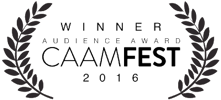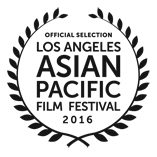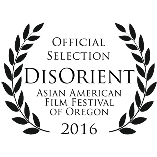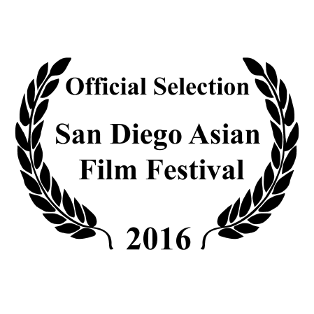Director Ben Wang and Producer Christine Kwon on the other side of the stacks of boxes of letters, awards, and other memories from Eddy’s incarceration.
“Words?! Yes, I will leave some behind only if they take as little space as the ashes of that half of my body that will be burnt, and as little time to read as the duration needed to bury the other half.”
Distracted, Jalal Toufic.
One hardly thinks about the paper, the documents, that follow us in our lives: our birth certificate, Social Security card, report cards. Documents that are like breathing, like an involuntary action, essential identifiers to confirm our existence.
Then there’s the material that shapes us, fills out our smiles, shapes the timber in our laughter: love letters that we store in shoeboxes, the old planners with dates circled, scribbled out, the phone number you eventually remember…forget…remember.
It was only in today’s shoot (08/04/2012) with Eddy that I began to revisit my own fascination and connection to documents.
Throughout this production, I’ve been amazed by Eddy’s universe, yet held myself at some distance for the purposes of focusing on facilitating the elements of Eddy’s narrative to the screen. We’ve traveled to the different spaces that Eddy moves about, within, through: offices, small community spaces, parks in springtime afternoons, the streets. My task is to bring dimension and organization to these movements. I weave him in, I cut him out, I make him larger, I pin him against the frame, or push the triangles that he is against the frame of a circle. My mind, my eyes, my hands move the camera to abstract and preserve all at once.
One space that Eddy is woven into, is the home that he shares his family with in Oakland. In an unintentional way, the dimensions of his bedroom mirrors a prison cell, the doors are french doors. A couple feet away, a hallway closet. Within it, are the years and years and years of letters, years and years of court transcripts, probation reports, psychological evaluations held in large boxes that would typically fit home appliances.
Eddy moving more bins of letters.
Eddy stacked the half dozen boxes and bins and we spent four hours sifting though Eddy’s memories. Eddy said that these letters were his lifeline while he was incarcerated. They affirmed his strength, vulnerability, his worth to the world . Traits that prisons are designed to wrench from these men over time, and often succeed with devastating effect. Accumulated years, volumes and volumes of unrequited love, hidden resentment. The stuff that we live with in daily interactions that we post about, that we text about in milliseconds, and forget just as quickly… these are that, but ossified as long as they’re kept away from extreme temperatures, moisture, and light. We only made it through the letters, we never made it to the court transcripts, the stuff that illustrates how Eddy was [mis]handled in a court of law.
Four hours of witnessing Eddy’s neurons firing from these letters only made my neurons fire like crazy, and I found it physically difficult to connect as I became distracted with my own letters that are out there, that have been written. My own strength, vulnerability, love.
Having our producer, Christine Kwon, on location was helpful. Not just because she was available to hold the boom, or take production stills, but also because she is a woman. Eddy is a red-blooded heterosexual male, with an incredibly faithful body, and an equally adept charisma. All to say, Eddy opens up to Ben and myself, but differently with Christine. Eddy throws us a curve at the end of the four hour shoot by sharing just how he was able to win the affections of a young woman who volunteered at the chapel in San Quentin.
Note: The film will NOT be in black-and-white, this was just a choice R.J. made for this clip.
We think and imagine what love and desire could be for a man in prison, but oddly enough it’s similar to all of our experiences in grade school, and even in our adult lives. The way that Eddy emboldens himself as he retells in the video above, is the same bravery you’ve had at some point. Whether in love, or in a profession, or in indignation, there’s a modicum of imagination, creativity in the act of being seen.
It’s basic human nature, the need to be seen, equal to that, of breathin’.
R.J. Lozada, Director of Photography, can be heard often on APEX Express on KPFA. You can view more of his short videos on his Vimeo website, or his other medium of storytelling, photography.







